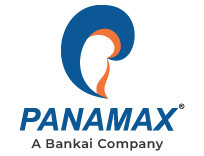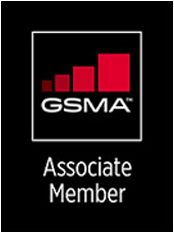Today your newspaper, mobile, emails, social media etc are flooded with ads, most of them rather irrelevant, making no sense or serving no purpose. Have you thought how it would be to receive personalized ads or handy information at your fingertips exactly when you need them? Well, the days are not too far, we are slowly but surely moving towards achieving it – valuing your privacy and sharing right information at right time.
Yes, I am talking about Beacons, if you guessed it right, you are on track and for others this blog is the right place to start with.
Beacons are not new to us; they have been around for quite some time in different forms and factors;
- Long back they were used as war signals – The Lord of the Rings, a series of beacons alert the entire realm of Gondor when the kingdom is under attack.
- Navigational beacons – radar reflectors, radio beacons, sonic and visual signals
- Vehicular beacons – emergency vehicles such as fire engines, ambulances and police cars
Beacons are small, cost-effective, battery powered device that work on Bluetooth Low Energy (BLE) technology to periodically transmit signals to nearby devices. Signals can be BLE packets that contain targeted information about brick-and-mortar stores, promotional offers, events, transit system, enterprises, educational institutions communication, sports etc. within a range of about 300 feet. Because of the technology used, it is a marathon runner and remains active for almost a year without a battery change.
Chuck Martin in a business review called beacons “the missing piece in the whole mobile-shopping puzzle.” Nexgen Beacons came first in limelight in 2013, when Apple introduced iBeacon Technology only for iOS devices, followed by Google announcing Eddystone Technology in 2015 offering open source implementation. Major difference being, iBeacon only interacts with mobile apps on smartphones, Eddystone with an edge to even transmit URLs to mobile devices, which can then be opened in mobile browser and share information. According to Forbes, beacon helped increase retail sales from $4 billion in 2015 to whooping $44 billion In 2016, and the opportunity is endless with new use cases building around the technology.
Brick-and-mortar stores
- Find exact location of your preferred item in the store
- Help consumers gain more information on product / goods even before purchase
- No need for dedicated resource to guide customers
- Targeted offers and promotions
- Help marketers gain detailed customer insights and behaviours
- Help increase sales of merchandise, FMCG products
Travel and Transport
- Real time information of flight / gate no. / time table etc. to travellers
- Targeted offers and promotions
- Airport terminal map and LBS
- Bus / Train / Metro Timetable and Route details
Universities and Educational Institutions
- Information on classes / tuitions
- Mass communication
Museum – Information on artefacts through Audio / Video modes
However, there are certain limitations in the worldwide implementation of the technology. Some of these are listed below:
- Since the technology works on Bluetooth, consumers must have their Bluetooth enabled in-order to take the advantage
- Depending on business requirement, at times specific application needs to be downloaded on device to enable certain features
- Increases overhead operational cost
- Personalizing beacons matching surrounding or theme can be a tricky affair
- Identifying and managing faulty beacons, manually checking beacons to ensure they're charged and working properly
- Signal mapping and overlapping store next door
- Beacons can also raise privacy and security concerns, sending spam messages, access contacts, asking user to download application etc.
- Several layers of permissions or compliances
Beacon technology is still at a nascent stage and there is a huge scope for innovation. Industry giants like Google and iOS are working aggressively on developing this further.
Below are few unique live use cases of Beacons around the world:
- According to Wired, Beacons are guiding blind commuters through London's Tube system.
- Starwood Hotels is running a pilot program to replace hotel room keys with beacons
- American Airlines is one of the growing number of airlines leveraging beacon technology to improve connections with customers at airports
Here is a splendid video based on the next generation beacon technology by CNET:
We at Panamax have been working on nexgen near field payments and Location Based Services (LBS) using QR, NFC, Beacons etc. and have delivered state-of-the-art services to our clients across the globe.
Do write back to dipak.patel@panamaxil.com if you want to know more.
Happy Reading.


















